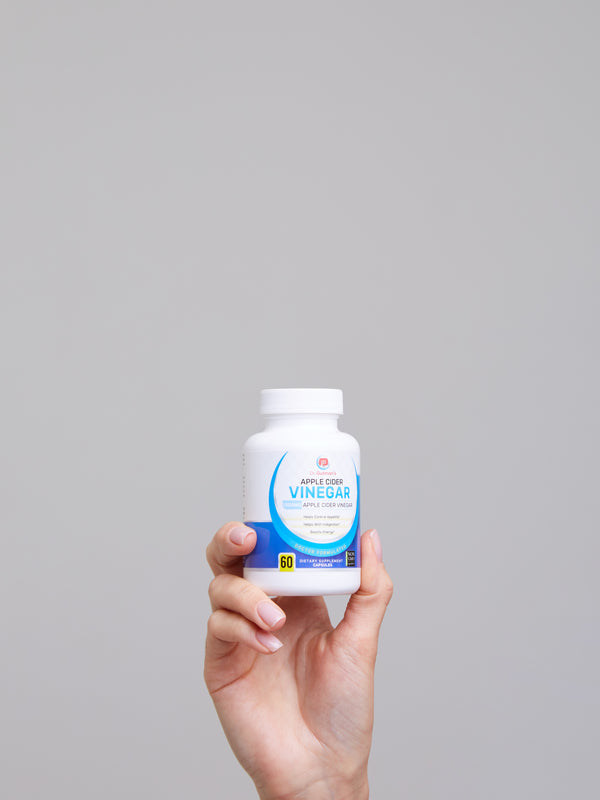“Came from a plant, eat it. Was made in a plant, don’t.” Michael Pollan
Now the sacrifices have been made and, as you can see, it was really not that bad. And don’t worry, if you slip every once in a while and have a beer, a glass of champagne, an unhealthy snack, or a piece of birthday cake, you are not going to undo all the progress you have made. Dr. Kellman suggests you may “cheat” 30% of the time, but I don’t even want you to think in the “diet” mindset. This is about a way of life and, while it does require some discipline, as you can see at this point, it is not all that difficult. So long as you consistently eat well, and consume a variety of fruits and vegetables, and fiber-rich probiotic foods, your microbiome will remain resilient.[1]
Remember above all, as part of your daily regime, you must remove the following permanently from your diet:
Processed sugar
Preservatives
Artificial sweeteners
Trans Fats
Hydrogenated fats
High Fructose Corn Syrup
Non-organic foods
Foods treated with insecticide, such as Iceberg lettuce
Dried or canned fruits
Fruit juices
GMO foods
Corn and cornstarch
Processed meats or deli meats
White rice
Now you can begin adding back into your diet the foods that you removed from it during the three-week cleanse:
Eggs
Goat’s and Sheep’s milk and yogurt
Any type of Kefir
Brown rice, basmati rice, and wild rice.
Gluten free grains, such as amaranth, buckwheat, millet, gluten free oats
Mango
Melons
Peaches
Pears
Potatoes and sweet potatoes
Legumes, including black, white, red or kidney beans, and string beans
All types of nuts
Mushrooms
Coconut oil
Flaxseed oil
Olive oil
Sunflower oil
Breakfast
For breakfast, I still suggest starting with fruits, such as the fruit salad from the cleansing period, or any combination of fruits you like such as fresh grapefruit, pineapple, blueberries, blackberries, strawberries, and raspberries, which are healthy for both the kidneys and the liver.
For those who need a little extra, you can continue with organic goat’s or sheep’s (Greek) yogurt, organic oatmeal cereal or muesli, and scrambled or fried eggs to complete your breakfast regimen.
Lunch and Dinner
If your schedule permits, I suggest a heavier lunch and a lighter dinner but, of course, it is interchangeable. The lighter fare can consist of soups and salads of all combinations, as well as frittatas. Bread and goods made from bread are not recommended, but you may occasionally indulge in gluten-free versions once per week if you wish.
With a ratio of 2/3 vegetables to 1/3 protein, your diet should be varied to consume the protein that is the most beneficial. For this, I suggest red fish, such as salmon, which are rich in Omega-3 oils at least once per week, white fish, eggs, poultry, and beef or lamb. A limit of 500 grams (1.1 pounds) of red meat is suggested. As much as Americans love bacon, it is a good idea to avoid pork as much as possible, as pork is loaded with a high content of saturated fats and cholesterol. High intake of red and processed meat is associated with significant increase of colorectal, colon and rectal cancers, and the protein and fat in the meat has been linked to obesity.[2]
You may supplement your heavier meal of the day with gluten free grains, potatoes, or sweet potatoes.
Snacks
Healthy snacks consist of fruits, such as apples, pears, tangerines, berries, pineapple, melons, and nuts.
Wine
While alcohol is not a health contributor to a balanced microbiome, red wine, a fermented food made from grapes, is loaded with polyphenols that can improve the diversity of bacteria in your microbiome. Studies have also shown that, in moderation, consumption of red wine contributes to heart health, lowers harmful cholesterol levels, and helps you maintain a healthy weight. Limit your consumption to no more than one glass per day.
[1] Purdy, Mary, The Microbiome Diet Reset, page 29.
[2] Mihai, Andrei, ZME Science, Why is Pork Bad for You—a Look at What the Science Says, January 9, 2023.

